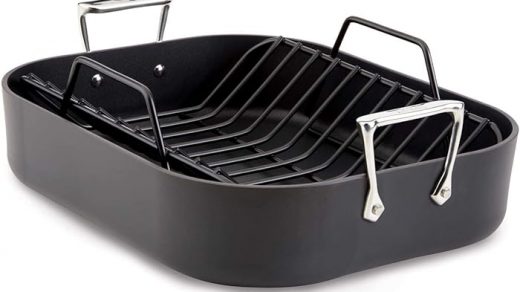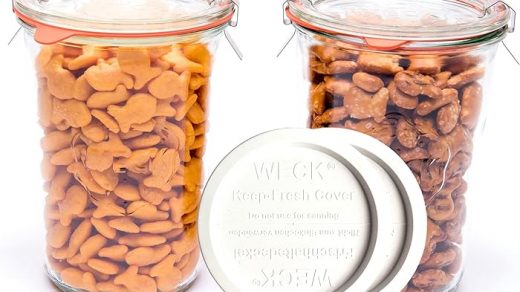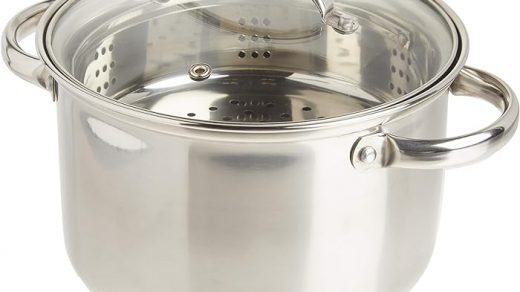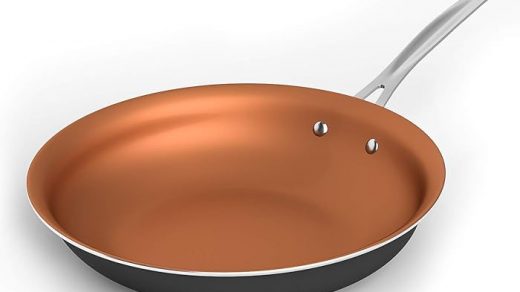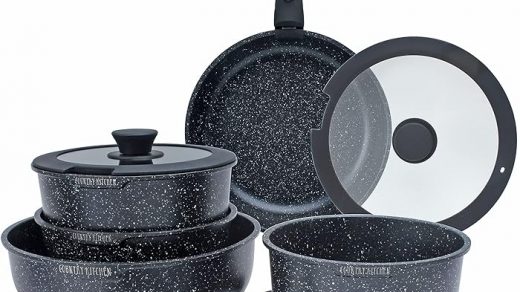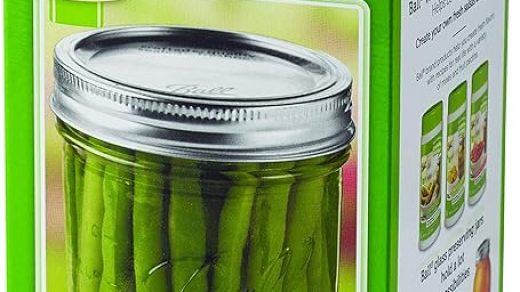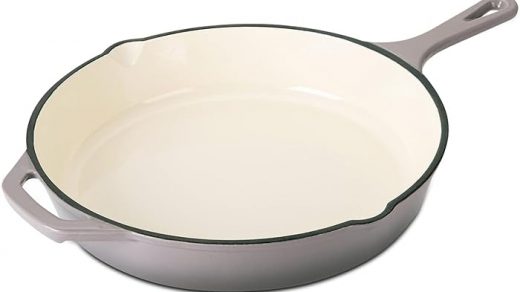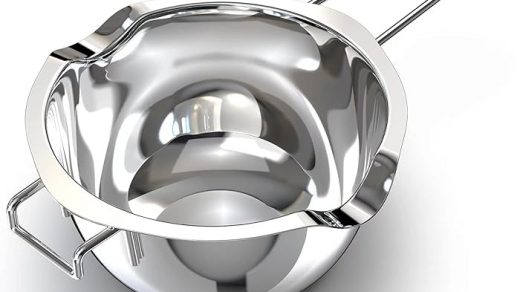Mason jars have a myriad of uses. Whether you’re preserving fruits, storing spices, or showcasing decorative items, the effectiveness of a mason jar comes down to the reliability of its lid. A leak or weak seal can compromise the jar’s contents, making a tight-fitting, regular lid essential.
When it comes to mason jars, the lid plays a crucial role in preserving the freshness and integrity of its contents. A good lid not only prevents leaks but also ensures that no external contaminants enter the jar. This is especially vital when preserving food as it safeguards against spoilage and ensures longevity.
Understanding the Importance of the Seal: The sealing ring on a mason jar lid creates an airtight environment. This seal is particularly important for preserving foods, ensuring they remain fresh and free from bacteria.
Choosing the Right Lid: Not all mason jar lids are created equal. Some are designed for single-use, while others can be reused multiple times. Opt for high-quality lids that ensure a tight seal every time.
Testing the Seal: After sealing a jar, it’s important to check for any potential leaks. A simple method is the ‘upside-down test’. After securing the lid, turn the jar upside down. If no liquid escapes, the seal is likely strong.
Storage Tips: Store your mason jars in a cool, dry place, away from direct sunlight. This will help maintain the seal’s integrity and the contents’ freshness.
Replacing Worn-Out Lids: Over time, lids may deteriorate or lose their sealing capability. It’s important to inspect them regularly and replace any that show signs of wear.

**A:** A tight seal ensures the contents remain fresh, prevents leaks, and safeguards against external contaminants, especially crucial for preserving food.
Q: How can I test if my mason jar is leak-proof?
A: After securing the lid, perform the ‘upside-down test’. If no liquid escapes when the jar is turned upside down, the seal is strong.
Q: Can I reuse mason jar lids?
A: While some mason jar lids are designed for single use, others can be reused. However, always inspect lids for wear and ensure they provide a tight seal before reusing.
